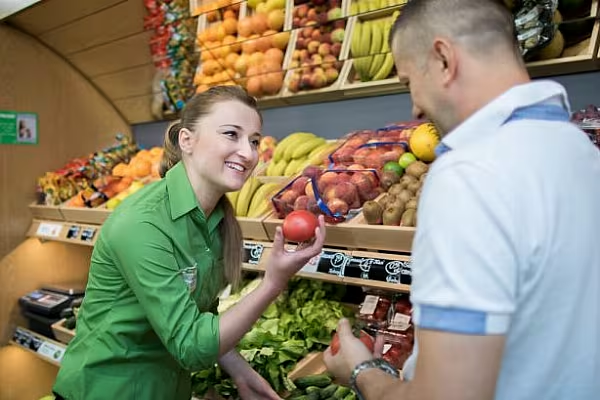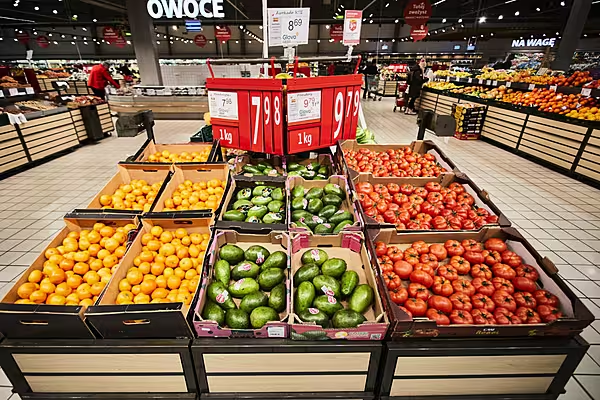Supporting Polish companies and local entrepreneurs is particularly important when prices are rising and the economy is slowing down, a recent report by Eurocash has unveiled.
The Równi w Biznesie report (Equal Business Ranking) prepared by the retailer has shown that small local businesses struggle with discriminatory terms of cooperation compared with discounters and centrally managed retail chains.
The study examines the pricing and distribution strategy of the largest FMCG producers in Poland.
In the retail trade sector, local entrepreneurs account for almost half of the market (45.4%) in Poland, the retailer noted citing data from NielsenIQ.
Małgorzata Obrebska, director of the central purchasing department and private-label at Eurocash Group, commented, "Poland is undoubtedly an entrepreneurial country. As many as 99.8% of companies in our country belong to the SME sector, generating practically half of our GDP. Importantly, the vast majority of entrepreneurs operate locally, powering the regions in which they operate with their work and taxes. Supporting them is extremely important, and even more so at a time when we need to focus very hard on boosting the Polish economy.
"In our quarterly ranking, we check what terms of cooperation manufacturers offer to the independent channel, and what terms to the centrally managed discount and supermarket chains. The ranking is also a valuable tool for us in discussions with suppliers."
Local Trade
In addition to market share, local trade is also important for Poland because it reaches the residents of the smallest towns.
It is expected to grow further as more people in the country are choosing less populated areas over cities.
Data from Poland's Central Statistical Office has shown that between 2011 and 2021, the number of urban residents fell by 3%, while the population in rural areas increased by 1%.
The report also revealed that the large-format channel is favoured by companies that offer dedicated products to centrally managed retail chains. This group includes the producers of Barilla pasta, McCormick mustards, USP Zdrowie teas and Unilever detergents, among others.
Read More: Reliance On Local, Neighbourhood Stores Boosts Poland's Eurocash
Other Trends
Companies also prefer the sweets category and this is evident with an assortment of reasonably priced pralines, chocolates and sweet, pre-packaged pastries from big manufacturers, such as Storck, Lindt & Sprüngli, or Mondelēz International, dominating the shelves of discount stores and supermarkets.
Obrebska said, "Offering fair conditions to the independent segment is a much more rational and long-term measure that we want to convince suppliers to take. In this way, they will not only ensure that they can better reach consumers across the country with their products, but also support the development of local stores, and thus gain an even stronger distribution channel.
"For the rest, this is a channel that competes with the big players on the market by, among other things, proximity to the customer and breadth of assortment, so investing in it, in our opinion, is beneficial for manufacturers."
© 2022 European Supermarket Magazine – your source for the latest retail news. Article by Dayeeta Das. Click subscribe to sign up to ESM: European Supermarket Magazine.














